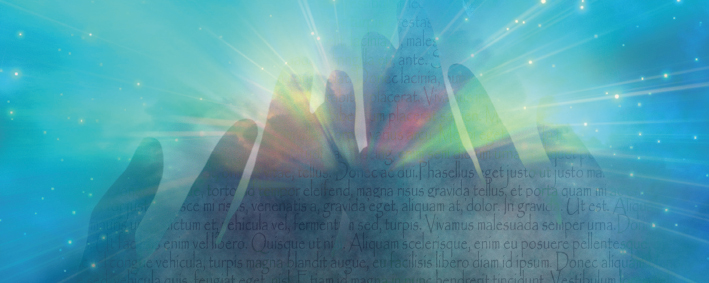 |
CCHU9014 Arts and Humanities
|
CCHU9086 Understanding Religious Worlds
Course Description
The aim of this course is to engage you in a reflection on spirituality and religion, and on their relevance to contemporary social change. It will aim to do so in a manner which is personally meaningful, appropriate for critical analysis, and relevant to social action. Society is undergoing a resurgence of religious or spiritual beliefs and practices. Many of us are personally committed to spiritual or religious beliefs, are engaged in what could be called a “spiritual search”, or at the very least have many questions of a spiritual nature. As faith in secular ideologies declines, there is a growing tendency to turn to religious traditions as conceptual and social resources for personal growth and social engagement. But is this appropriate or even right? In the past few decades the world has witnessed a dramatic resurgence of spiritual seeking and religious engagement in society, in ways that may be either constructive or destructive. Given the historical record, is it realistic to expect religion to provide answers to personal and social problems?
Open to believers, agnostics, skeptics, atheists and seekers, this course will give you exposure to, and an opportunity to engage with, the spiritual heritage of humanity. You will explore topics such as human operating systems, objects of consciousness, the mindscape, spiritual practices, existentialism, materialism, the meaning of life and death, ritual and mythology, human nature, the evolution of religion, religion and society, and the crisis of religion. You will discuss teachings of some of the world’s major religious traditions, as well as spiritual themes contained in popular feature films. You will critically consider the contemporary social implications of religious teachings and spiritual principles. You will reflect on whether these approaches to human spiritual life are part of the cause or part of the solution for global social problems.

Course Learning Outcomes
On completing the course, students will be able to:
- Engage in self-reflective dialogue with others on issues of spiritual and social concern.
- Compare expressions of religion and spirituality emanating from different cultural and religious backgrounds.
- Apply social scientific perspectives and concepts to analyze, interpret and evaluate spiritual concepts and their associated social and religious practices.
- Evaluate the appropriateness of different forms of spiritual and religious engagement for improving the human condition in the context of an emerging global society.
Offer Semester and Day of Teaching
Second semester (Wed)
Study Load
| Activities | Number of hours |
| Lectures | 24 |
| Tutorials | 12 |
| Fieldwork / Visits | 20 |
| Reading / Self-study | 36 |
| Assessment: Short essays | 36 |
| Assessment: Field journal writing | 10 |
| Total: | 138 |
Assessment: 100% coursework
| Assessment Tasks | Weighting |
| Analytical writing | 30 |
| Field visit report | 30 |
| Video report | 25 |
| Participation | 15 |
Required Reading
Required readings will be posted to the class Moodle. There will generally be one article of around 20 pages to read per week. The assigned readings have been specially written for this course, based on transcriptions of previous years’ lectures. Additional suggested readings from books and academic articles are also uploaded to the class Moodle site. Please read the materials for each week BEFORE the lecture on the week’s topic.
Required Film Viewing
You are required to view some feature films on your own, which will be assigned by the instructor based on their relevance to the course themes. Copies of these films will be placed on reserve in the University Library. In lectures and tutorials we will discuss the relevant spiritual or religious themes associated with the films. Some ethnographic documentary films will be shown in class as well.
Field Trips
Students shall join field trips to religious communities in Hong Kong, which may include Baha’i, Buddhism, Daoism, Christianity, Hinduism, Islam and Judaism and Sikhism, and take part in activities such as meditation, spirit-writing, ritual, study circle, interviews and discussions with believers.
Course Co-ordinator and Teacher(s)
| Course Co-ordinator | Contact |
| Professor D.A. Palmer Department of Sociology, Faculty of Social Sciences |
Tel: 3917 2051 Email: palmer19@hku.hk |
| Teacher(s) | Contact |
| Professor D.A. Palmer Department of Sociology, Faculty of Social Sciences |
Tel: 3917 2051 Email: palmer19@hku.hk |
| Dr Steve Cheung Department of Sociology, Faculty of Social Sciences |
Tel: 3917 2064 Email: stevecwl@hku.hk |

